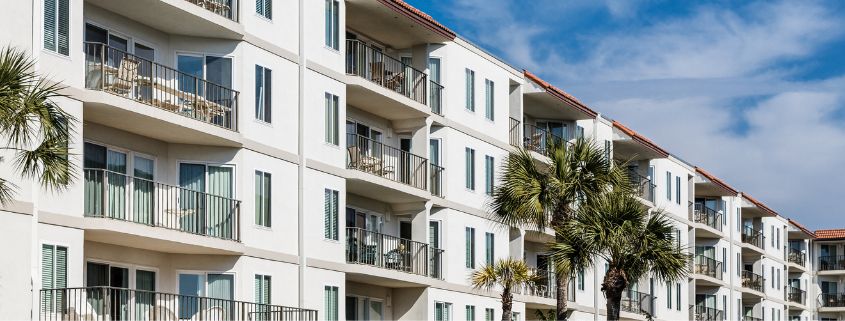Given the fiduciary responsibilities of directors and officers to the members of their homeowners’ association, it is important to understand when reserve funding is mandatory under the Florida Homeowners’ Association Act (Chapter 720, Florida Statutes).
Reserve accounts in a Homeowners Association allow the association to set aside funds for deferred or long-term maintenance of common areas or for capital expenditures, so as to eliminate the need for special assessments. Deterioration of common I areas is unavoidable, Akin to a safety net savings account, reserves can cover the cost of these repairs. Without a reserve fund, the association may have no choice but to raise assessments or levy a special assessment on homeowners.
Unlike the Condominium Act, the Homeowners Association Act does not mandate reserve accounts for all homeowners’ associations. Reserve accounts thus fall into two categories: statutory reserves, which are mandatory and must follow the requirements of the statute, and non-statutory reserves, which are board-created and limited by the association’s governing documents. The following provides a quick overview of the difference between these two categories of reserves. Specific questions regarding your community’s reserves should be directed to legal counsel.
A Homeowners association is deemed to have provided for “statutory” reserve accounts upon the affirmative approval of a majority of the total voting interests of the association. Such approval may be obtained by vote of the members at a duly called meeting of the membership or by the written consent of a majority of the total voting interests of the association. The approval action of the membership must state that reserve accounts shall be provided for in the budget and must designate the components for which the reserve accounts are to be established. Upon approval by the membership, the board of directors shall include the required reserve accounts in the budget in the next fiscal year following the approval and each year thereafter. Once established the reserve accounts must be funded or maintained or have their funding waived in the manner provided by the Statute. “
If reserves are not set up as described above, an association may nevertheless choose to maintain “non-statutory reserves.” Essentially, these accounts are board-created and their funding is limited by the governing documents of the association. The most significant difference is that these accounts are not mandatory and do not have be maintained or waived according to the Homeowners’ Association Act.
Statutory reserve accounts may only be used for the purposes for which the funds were set aside, unless the membership vote otherwise. Non-Statutory reserve funds may be used at the discretion of the board.
There are a number of nuances in dealing with reserves. If you have questions regarding reserves in your Homeowners Association, reach out to your community association attorney.
Originally posted on floridacondohoalawblog.com Written by Karyan San Martano of Becker & Poliakoff, P.A.,

